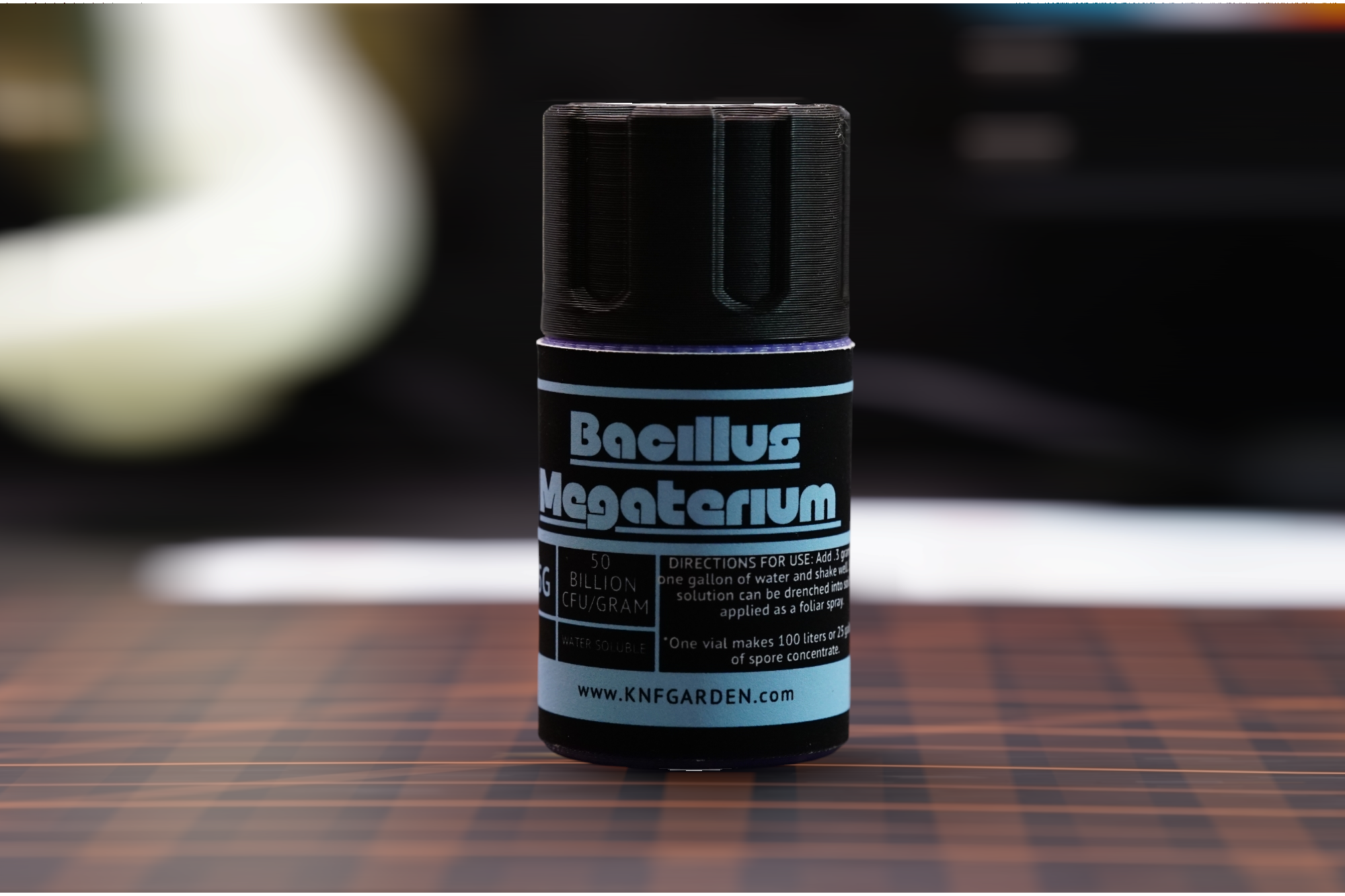Bacillus megaterium is another beneficial soil bacterium that promotes plant growth, health, and resilience through various mechanisms. Below is a concise overview of how plants can benefit from Bacillus megaterium:
- Nutrient Solubilization and Availability:
- Bacillus megaterium is highly effective at solubilizing phosphorus, converting insoluble forms into plant-available forms, which enhances nutrient uptake and supports root and shoot development.
- It also aids in nitrogen fixation and potassium solubilization, improving overall nutrient availability in the soil.
- Plant Growth Promotion:
- The bacterium produces phytohormones such as indole-3-acetic acid (IAA) and gibberellins, which stimulate root elongation, branching, and overall plant growth.
- It enhances seed germination and seedling vigor, leading to healthier and more robust plants.
- Biocontrol of Pathogens:
- Bacillus megaterium produces antimicrobial compounds and enzymes (e.g., chitinases and proteases) that suppress soil-borne pathogens like Fusarium, Rhizoctonia, and Pythium.
- It competes with harmful microbes for space and nutrients, reducing the incidence of diseases such as root rot or damping-off.
- Stress Tolerance:
- The bacterium helps plants tolerate abiotic stresses like drought, salinity, and heavy metal toxicity by producing stress-mitigating compounds and enhancing root system resilience.
- It can form biofilms around roots, improving water and nutrient retention under adverse conditions.
- Soil Health and Bioremediation:
- Bacillus megaterium improves soil fertility by decomposing organic matter, releasing essential nutrients, and enhancing soil microbial activity.
- It can degrade environmental pollutants, such as pesticides or heavy metals, creating a cleaner and healthier soil environment for plants.
Applications:
- Used as a biofertilizer or biopesticide in sustainable agriculture to reduce chemical fertilizer and pesticide use.
- Applied through seed treatment, soil inoculation, or foliar sprays for optimal results.
Examples:
- Research shows Bacillus megaterium increasing yields in crops like maize, wheat, and soybeans by improving nutrient uptake and protecting against soil pathogens.
- It’s particularly valuable in organic farming and bioremediation projects for contaminated soils.
Bacillus Megaterium
$25.00 Regular Price
$20.00Sale Price















